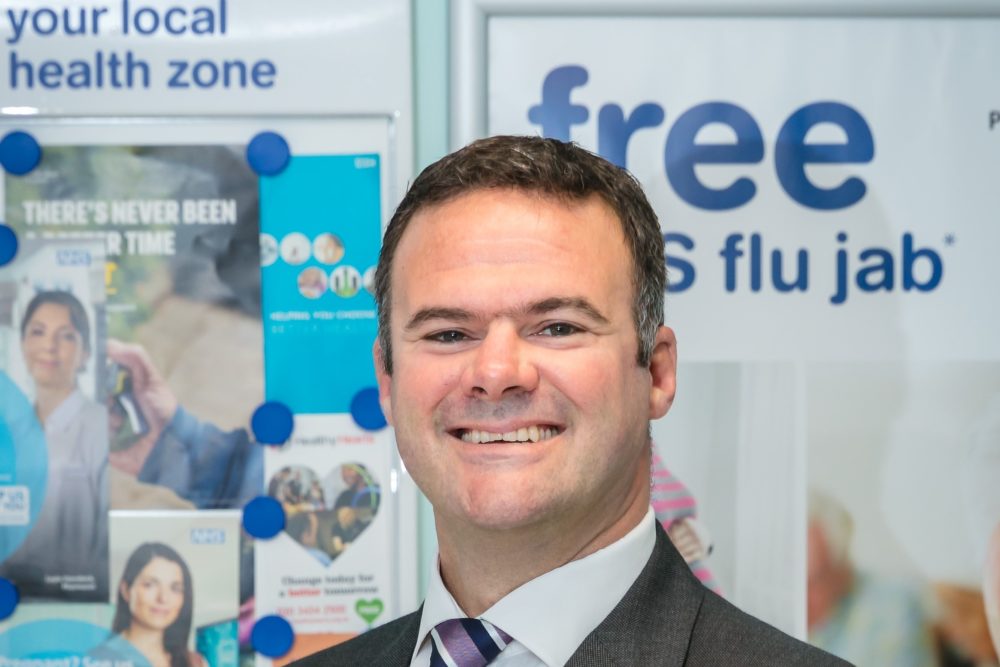
At a time when Theresa May’s efforts to put together a deal to place before the European Union have garnered significant column inches, I was asked earlier this week by someone from outside the pharmacy sector: “are you affected by Brexit?” In short, yes. Here is why.
Workforce
Since the decision to leave the EU there has been an 80% drop in applications to work in the UK from EU national pharmacists. In recent years, fewer students have been entering UK pharmacy schools. When they graduate they can choose from an increasing number of new roles, meaning employers, including the NHS, fish from a diminishing pond. In addition, pharmacists are still included in the Home Office’s Tier 2 immigration visa cap, making recruitment from abroad to meet any domestic shortfall increasingly difficult.
Unless something changes the shortage of pharmacists will become more of a problem. Of course, pharmacy isn’t the only part of the health service affected by shortages in professional staff. To support the NHS to find the best workforce solutions, we are active members of the Cavendish Coalition, a group of health and social care organisations united in their commitment to provide the best care to communities, patients and residents.
The coalition acts as a shared voice which influences and lobbies on post-Brexit referendum matters. We are committed to working with the coalition to ensure a continued domestic and international pipeline of high calibre professionals and trainees in health and social care.
Legislative burden
The process of Brexit is taking up a significant amount of a finite legislative timetable in Westminster. The usual workings of government have been hit hugely by the additional debates and votes on the specifics of our exit agreement. Other matters, such as NHS reform and the rebalancing of pharmacy legislation, have been very much put on a back burner. When Brexit is complete, government will be left with a mammoth backlog of legislative work.
Medicines supply
If we were to end up with a ‘no deal’ situation then the ability to freely move medicines across our borders could be significantly impacted. A scenario in which lorries full of medicines await customs inspection at Folkestone or Dover could severely impact the availability of medicines for the most vulnerable in our society.
Also, post-Brexit, we will no longer be a part of the world’s second largest market for medicines. While the US and EU will continue to be able to provide the latest medicines for their respective populations, we may have to wait until manufacturers are ready and willing to obtain the regulatory approval needed to market their products over here.

Falsified Medicines Directive (FMD)
On 9th February 2019 the European Falsified Medicines Directive (commonly known as FMD) will come into force. FMD has been brought in to address the issue of falsified medicines entering the legitimate medicines supply chain across Europe. All new packs of prescription medicines in the EU will have to bear two safety features from February 2019: a barcode – or unique identifier (UI) – and an anti-tamper device (ATD).
FMD aims to introduce a pan-European system through which pharmacies can authenticate prescription medicines before patients receive them. The fly in the FMD ointment is that under Article 7 of the draft Brexit withdrawal agreement, the UK will be required to disconnect from the European Medicines Verifications System, either when it leaves the Union in March 2019 or at the end of the transitional period planned for the end of 2020.
There is obvious uncertainty and plenty of debate about how pharmacy organisations large and small can invest in the hardware, software, training and operational process changes required for something that they may not be able to use within seven weeks of it going live.
None of the issues highlighted above are insurmountable, but finding the right solutions will not be easy. We will continue to work alongside policy makers and other representative organisations to ensure that the pharmacy sector can continue to deliver world class healthcare services to patients and the public across the UK.
Watch this space.
Malcolm Harrison, Chief Executive
